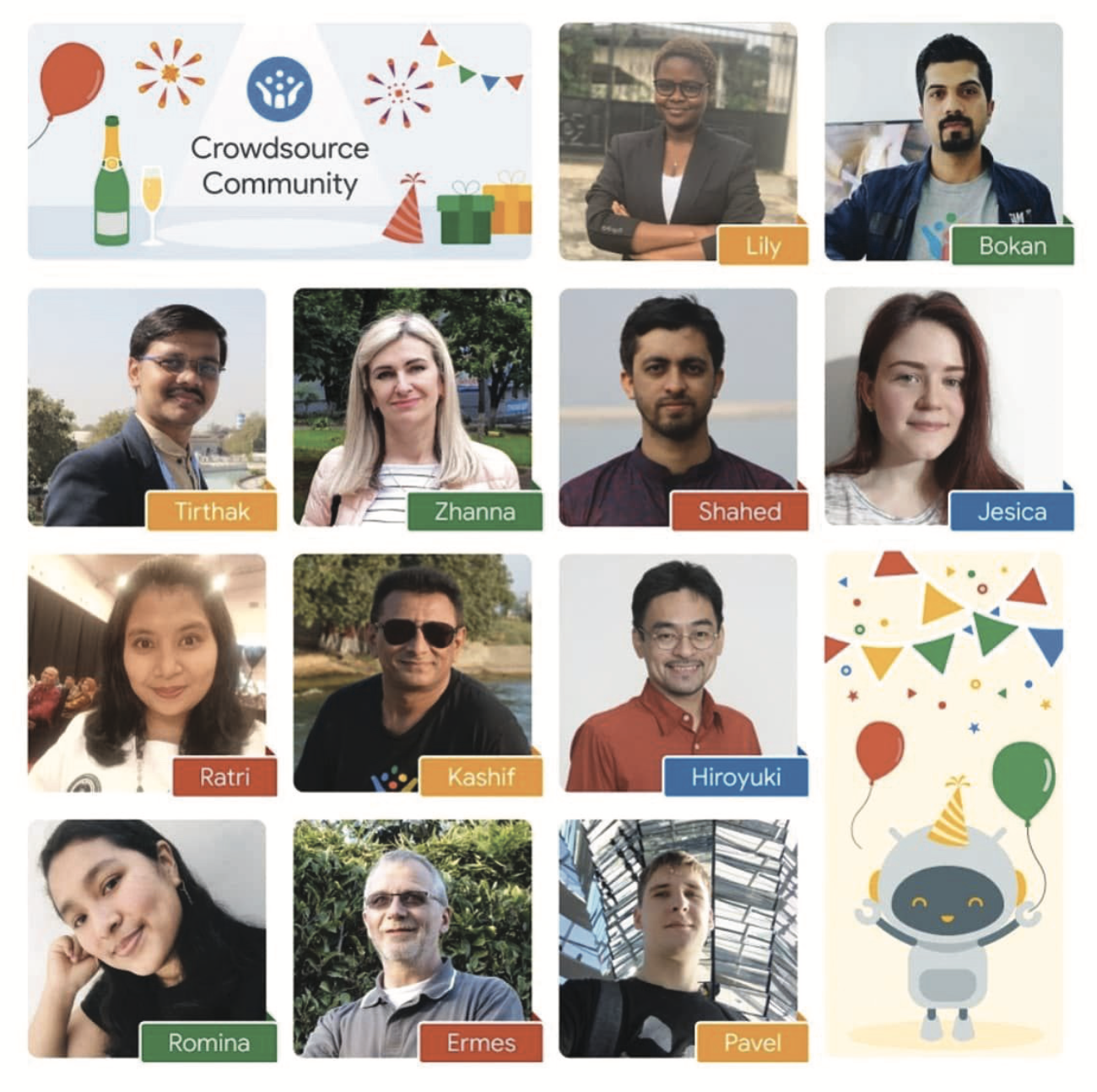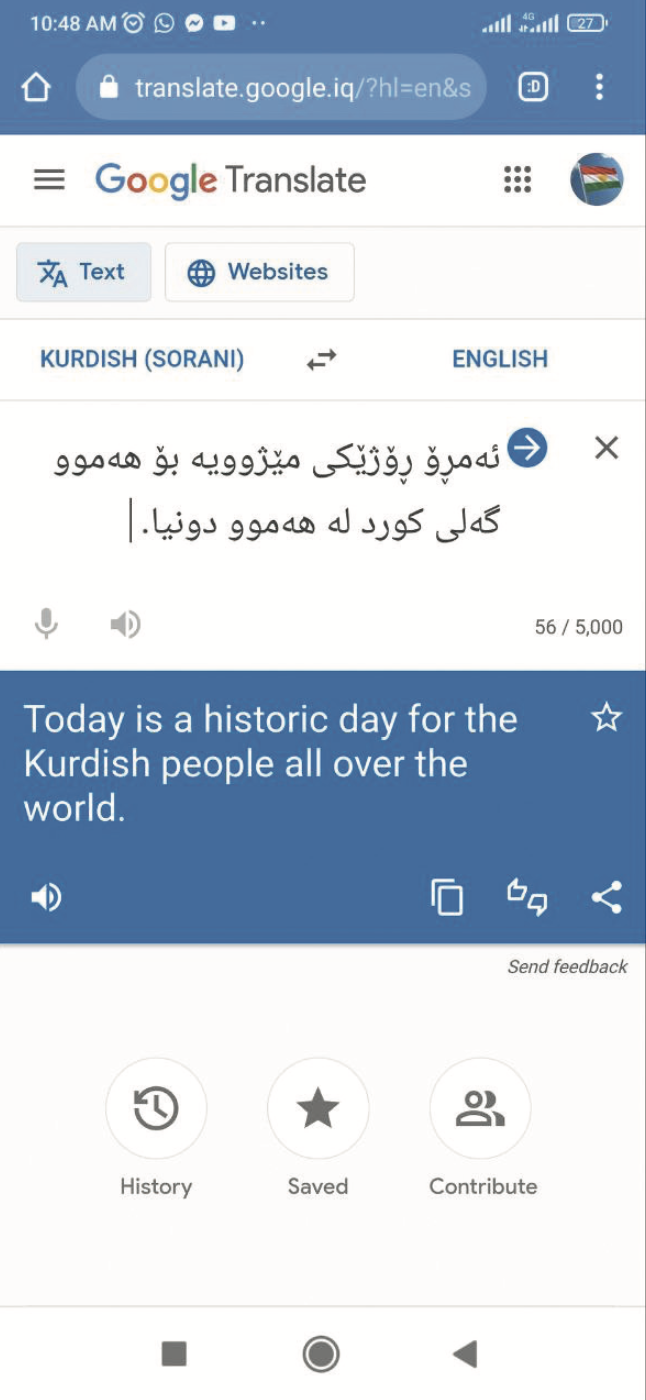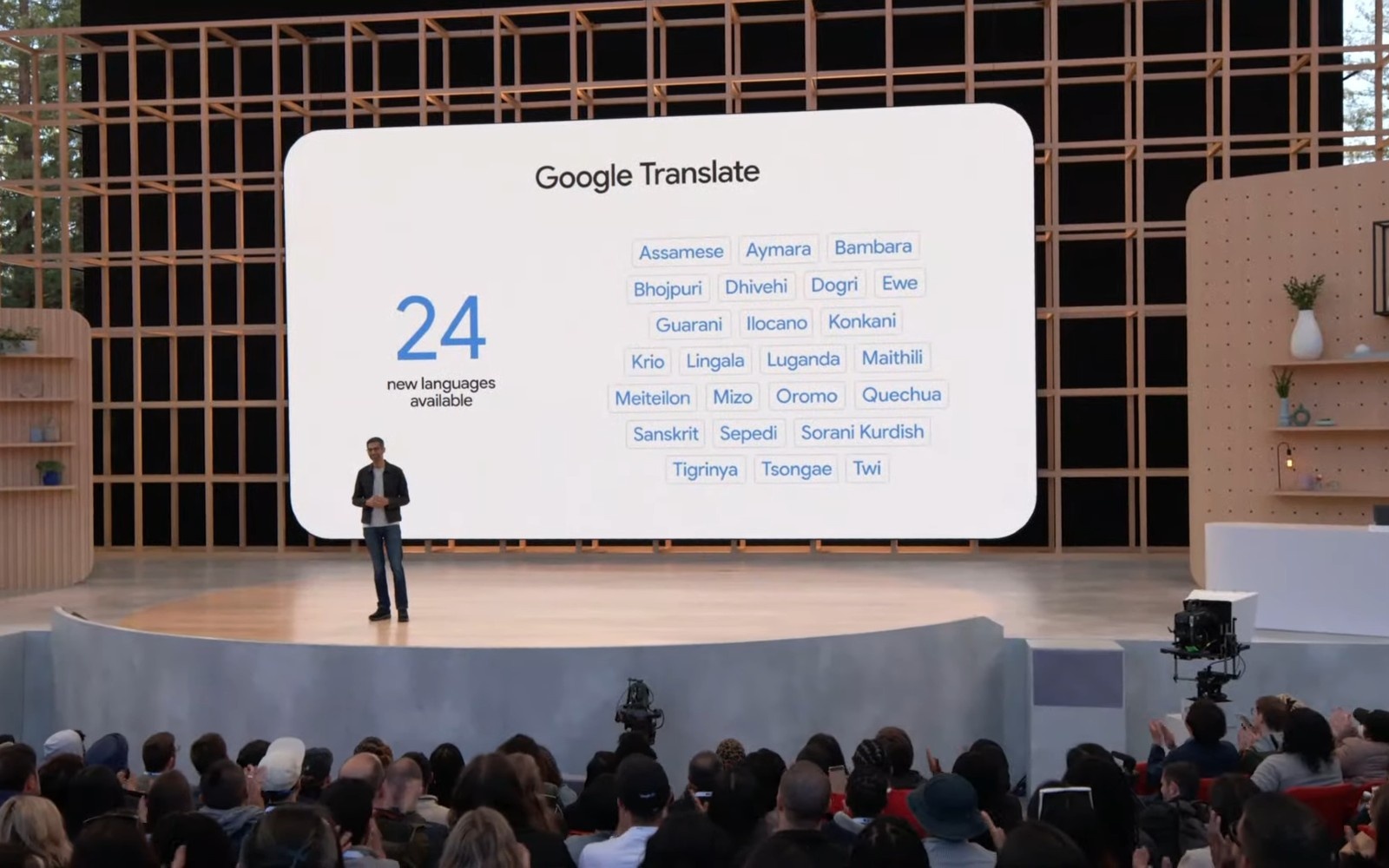In May 2022, Google Translate added Sorani Kurdish as one of 24 new languages to its translation service, a major milestone for the Kurdish people who have long been striving for sovereignty and recognition.
Sorani Kurdish is the second most widely spoken dialect of Kurdish, with roughly over 12 million speakers in Iran and Iraq. It is also the official language of the Kurdistan Regional Government (KRG) in Iraq. The addition of Sorani to Google Translate will make it easier for Kurdish speakers to communicate with the rest of the world and help promote Kurdish culture and identity.

Political and cultural significance
The Kurdish people have a long and rich history. They have their own language, culture, and national identity. However, they have never had a state of their own and have been subjected to oppression and discrimination.
In recent years, the Kurdish people have made significant progress in their struggle for self-determination. The Kurdistan Region has achieved a high degree of autonomy in Iraq, and Kurdish forces played a major role in the fight against ISIS. The Kurdish people are now more hopeful than ever that they will one day achieve their dream of an independent state.
The addition of Sorani to Google Translate is thus a significant step towards Kurdish sovereignty. It will help to break down language barriers and promote Kurdish culture and identity. It is a sign that the world is finally starting to pay attention to the Kurdish people and their struggle for self-determination.
In addition to its political significance, the inclusion of Sorani is important for cultural reasons. Kurdish culture is rich and diverse and will now be more accessible to a wider audience. Google Translate will help to do this by making it easier for people to read and understand Kurdish literature, music, and other cultural artifacts.
The addition of Sorani is also a way to promote the Kurdish people. By making their language more accessible, Google is helping to raise awareness of the Kurdish people and their culture, which can help break down stereotypes and promote understanding between different cultures.

Communication and information access
Specifically, the addition of Sorani can bring the following direct benefits:
- Help Kurdish speakers access information and communicate with the rest of the world, which can help Kurdish people to learn about their rights and advocate for them.
- Enable Kurdish people to access education and employment opportunities, for instance to study in other countries and to find jobs in international companies.
- Aid in the preservation of Kurdish culture and heritage, helping Kurdish people maintain their identity and pass on their culture to future generations.
- Enhance political representation by making it easier for Kurdish people to communicate with their elected officials and make their voices heard.
Overall, the addition of Sorani to Google Translate can be a powerful tool for promoting the rights of the Kurdish nation, making Kurdish language and culture more accessible and helping Kurdish people to connect with each other, to learn about their rights, and to advocate for them.

Sorani and tourism
The addition of Sorani to Google Translate also brings the potential to push people to visit the Kurdistan region from abroad and southern Iraq because it will be easier to communicate with locals and to learn about the region's culture and history.
In recent years, the Kurdistan region has become a popular tourist destination for several reasons, including its beautiful scenery, rich history, and welcoming people. However, the language barrier remains a major challenge, and many tourists who are interested in visiting the region are hesitant to do so because they do not speak Kurdish.
With Sorani on Google Translate, the Kurdistan region can become a more accessible and attractive destination for travelers from all over the world. This also applies to visitors from southern Iraq, many of whom are of Kurdish descent and may be interested in learning more about their Kurdish heritage. Google Translate can provide them with greater access to Kurdish language content, including news articles, travel guides, and cultural resources. All this ultimately helps promote understanding and unity between the Kurdish people of north and south Iraq.

First Stage
In 2015, Kurdish Sorani was added to the Google Translate community after two years of hard work. I was thrilled to see the language finally added to the service.
I have always been passionate about Kurdish culture and language and wanted to do something to help promote it. I knew that adding Sorani to Google Translate would make it easier for Kurdish speakers to communicate with others around the world, and I was determined to make it happen.
In 2017, I met the U.S. consul in Halabja, Mr. Steve Fagin, at the Halabja monument. We discussed the project, and I talked to him about the victimization of the Kurdish nation, such as the Halabja chemical attack and the Anfal campaign. On the other hand, I discussed problems of using Sorani, such as low resource data, keyboard challenges including for Arabic, word differences, and more.
Mr. Fagin was very interested and offered his support, saying that he would do everything he could to help promote Sorani and Kurdish culture.
I left this meeting hopeful that Mr. Fagin would help me find a solution to the problems that we faced. I waited anxiously for two months until finally I received an email from J. Marburg from the General Affairs office at the U.S. consulate, who said that he had been able to find a way to help with the project. They connected me to the Google Translate team in the United States, and I had several meetings with them, explaining the victimization of the Kurdish nation and the aforementioned technical challenges of incorporating Sorani.

Second stage
Google has a crowdsourcing platform, Crowdsource, that seeks to improve a host of Google services through the user-facing training of different algorithms. It was released for the Android operating system on the Google Play store on August 29, 2016, but did not include Kurdish Sorani. However, after a lot of hard work and meetings with Google, Kurdish Sorani was finally added to the app on May 31, 2019.
After this, Google requested that I create a community in Iraq. I was excited to accept this challenge and worked hard to build a community of Kurdish speakers who were interested in contributing to Google's translation project, conducting over 20 online meetings as a community builder for Iraq. Thanks to these efforts, the Google Translate team appointed me as an influencer.
In these meetings, I discussed the importance of adding Sorani to Google Translate and the challenges that Kurdish speakers face when trying to communicate with others around the world. I also provided feedback on how Google could improve its Kurdish translation services. Moreover, the data that I translated and validated was used to train Google's machine learning algorithms to translate Kurdish text more accurately. In 2019, Google invited me to their office in Singapore to meet with the Google Translate and Google Crowdsource teams. However, due to the Covid-19 pandemic, the invitation was withdrawn.
I was disappointed, as I had been looking forward to meeting with the teams and learning more about their work. I was also hoping to use the trip as an opportunity to promote Kurdish culture and language. Nevertheless, I am grateful to Google for inviting me in the first place and recognize that the invitation was a recognition of the work that I have done to promote Kurdish culture and language. I am also hopeful that the invitation will be extended again in the future.
Most importantly, I never gave up. Every meeting was simply moved online. I worked continuously on the project for years and then, one night in 2021 at 3:30 AM, a Google engineer in the United States sent me a message, saying, "I have good news for you. Over the next 30 hours, I will release the first beta translation model result for Kurdish Sorani."
I was overjoyed. I couldn't believe that my dream was going to come true. I waited impatiently for the next 30 hours. Finally, when the time came, I opened the website and clicked on the link to the beta translation model, on which I would work for the next year.
Working on the Sorani translation project for so many years was a labor of love, but it was also incredibly challenging. The Kurdish language is complex, and there are many dialects that can be difficult to translate. I had to learn more about the language and culture than I ever knew before to create, alongside the engineers and experts, a translation model that was accurate and reliable and that accounted for cultural sensitivity.
After working for over seven years and translating and validating over 1,300,000 pieces of data to add Sorani to Google Translate, the U.S. consulate asked me for a meeting on March 16, 2022, in Halabja. U.S. Consul Robert Paladino and Gina Cabrera visited Halabja to discuss the project, and they told me that Google had finally decided to add Kurdish Sorani as a tribute to the victims of the Halabja chemical attack, the Anfal campaign, and Kurdish victimization in general.

Next steps and further online enhancements
Google has now added Sorani to camera, picture, document, text, and website sections, which are major milestones for the Kurdish community, but I am determined to continue working to enhance the accessibility of Sorani online in the following ways:
- Improve the quality and quantity of Sorani content on the Internet and make it easier for people to find this content online.
- Add Sorani to other Google products, including to Google Search, Google Maps, and other Google products.
- Implement a Kurdish voice system to Google Translate.
I want to extend my appreciation to the U.S. Consulate General in Erbil, the Google offices in the United States, Japan, India, and Singapore, and those who motivated me and helped me even with one word throughout all phases of this process.
Bokan Jeff is a Google Crowdsource community builder for Iraq and Kurdistan Region, and Google Crowdsource influencer.

